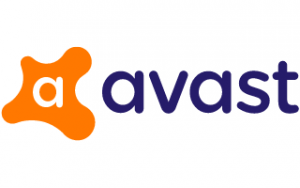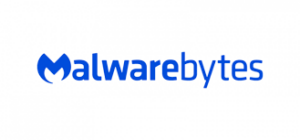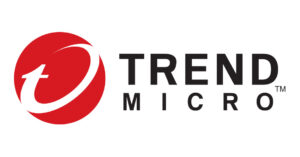Internet security is a daunting space. And it’s not made any easier because of the myriad of jargon that’s thrown around. So while there are VPNs, antivirus software, and password managers to help with your security, we’re here to explain those terms and many more that relate to internet security.
The A to Z of internet security: Every key term explained
Breach
In internet security terms, breach is used to describe a successful cyberattack on a device or network. Big companies are required to declare data breaches, and if you’re caught up in one—either as an individual or as a user of a company that’s been breached—change your username and password details as soon as possible.
Domain Name System (DNS)
Domain Name System is effectively the phonebook of the internet, converting numerical IP addresses into easier-to-recall words (e.g. www.safewise.com/au/). Consider updating your devices with Cloudflare DNS settings (primary: 1.1.1.1 and secondary: 1.0.0.1 ) to boost online privacy.
Internet Protocol (IP) address
An Internet Protocol address is used to identify the location of a device. Because IP addresses contain locational information, it’s worth using a VPN to keep your device’s location anonymous.
Malware
Malware is an umbrella term for any number of malicious software that’s designed to target user devices. Malware like spyware can capture personal user information, but viruses can ruin performance on a device, while ransomware may block access to personal information. Use antivirus or anti-malware software to handle malware.
Password manager
A password manager is any app, software, or browser extension that’s designed to generate and/or store passwords behind a single master password. Password managers are best used to generate complex passwords that are difficult to crack.
Pharming
Pharming is a sophisticated online scam that is a form of phishing. Unlike phishing, which may use legitimate-looking websites, pharming scams secretly redirect from potentially legitimate (but compromised) websites to fake ones.
Phishing
Phishing is a type of scam that’s designed to trick users into sharing personal information. A phishing attempt may come via email, text, or via a phone call.
Ransomware
Ransomware is a nasty form of malware that locks access to personal files on a device once it’s activated, wherein a ransom is demanded to unlock the files. Block ransomware attacks with antivirus software or unlock a ransomware-infected device via the No More Ransom website.
Two-factor authentication (2FA)
Two-factor authentication is an optional security setting for websites and online services that use a username and password to access. By activating two-factor authentication, your credentials are verified via username, password, and a separate unique authentication code.
Compare the best VPN services
Prices are accurate as of post date. Read full disclaimer.
*ProtonVPN Plus plan used for comparison. Cheaper plans are available, but offer limited servers, connections, speed, and more.
Virus
Viruses are a form of malware that are designed to spread through a device and cause damage to software and/or data. The impact of viruses can be negated or mitigated by using antivirus software.






